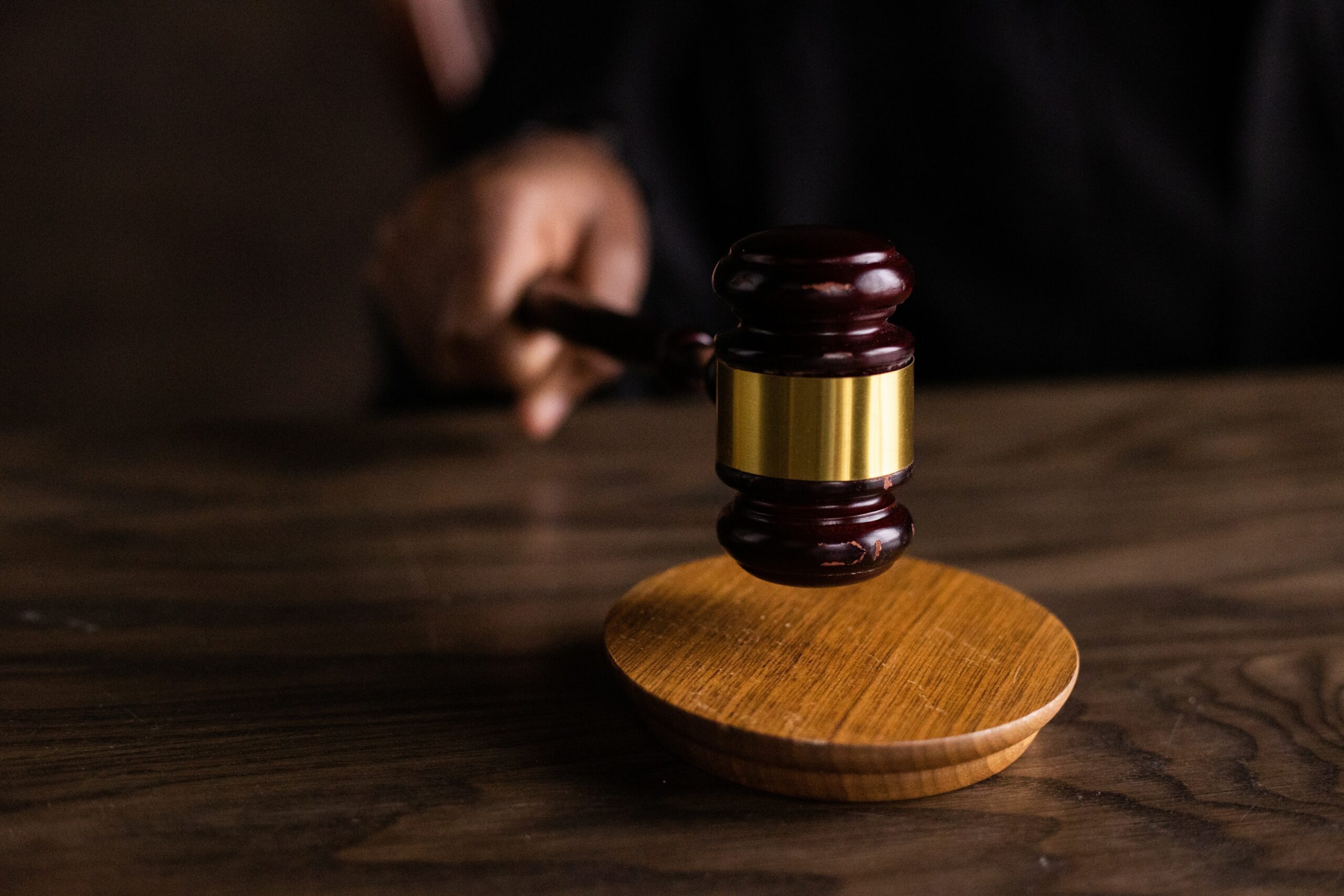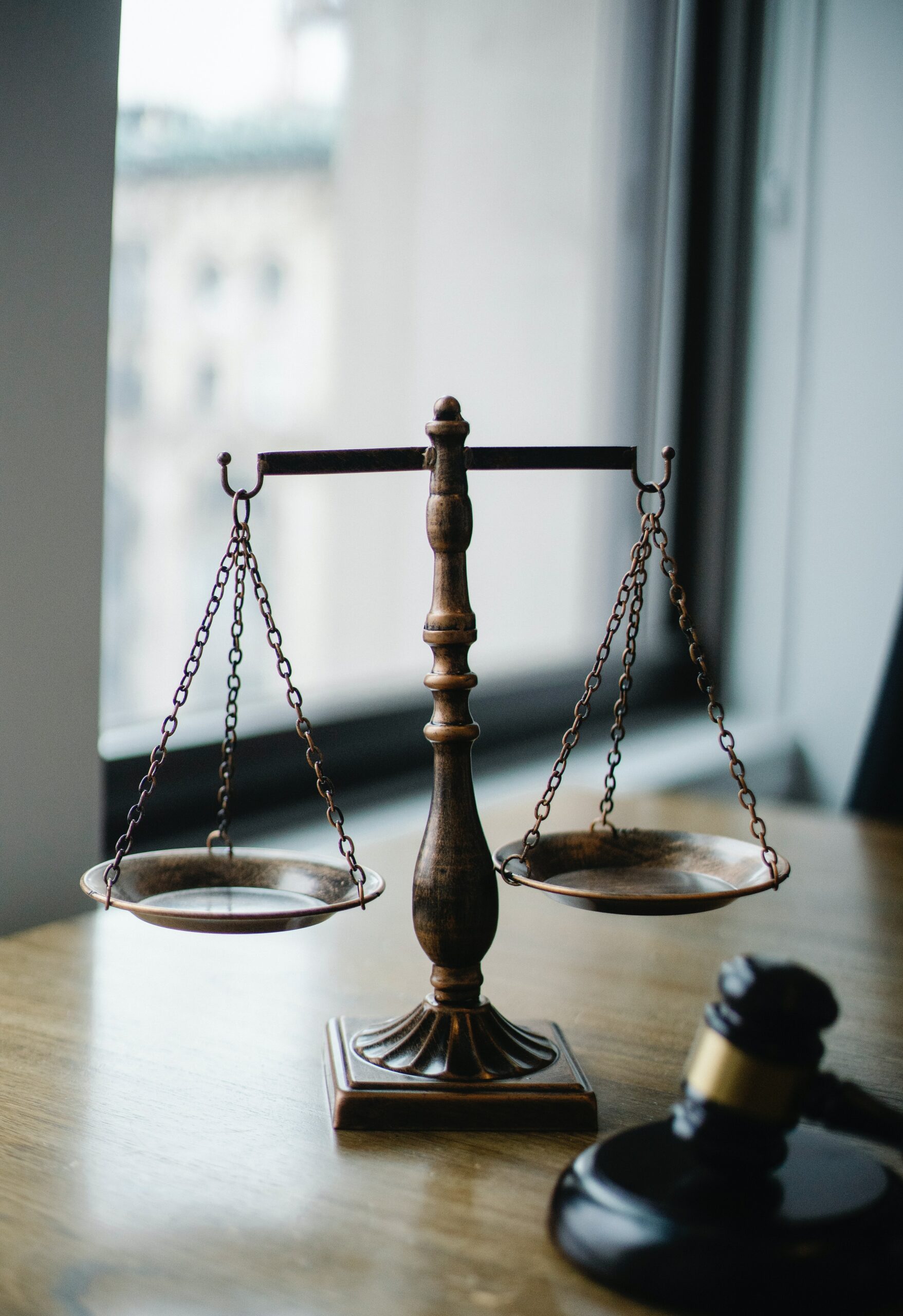911 audio recordings can hold immense power in the courtroom, determining the fate of the case. However, their use as evidence hinges on careful evaluation of their relevance, authenticity, and reliability. When these standards are met, the recording can serve as a reliable portrayal of events and contribute to shaping the final verdict.
911 Audio Recordings Used as Evidence
In 2006, the Supreme Court ruled that 911 recordings could be used as evidence in court despite the victim’s reluctance to testify. This is particularly relevant in domestic abuse cases where victims may fear retaliation from their abusers, especially if they live in the same household. By using 911 audio recordings in court, victims can have a voice and an opportunity to seek justice and freedom. (Read more about the ruling here)

Non-Testimonial VS Testimonial
It’s important to note that not all 911 audio recordings can be used as evidence in court, and only calls determined as Non-Testimonial are admissible. For 911 audio to qualify as Non-Testimonial, the recording must include dialogue that describes the current emergency. If the recording involves a discussion about an emergency that has already occurred, it is considered Testimonial and cannot be used as evidence.

Admissibility of 911 Recordings
Whether 911 audio recordings are admissible as evidence in court depends on whether they meet certain requirements. Some of these requirements include:
Once the foundational requirements are satisfied, the 911 audio recording takes center stage in the courtroom. The jury carefully examines the recording alongside other evidence presented during the trial, ultimately shaping the final verdict. It is evident that recording 911 audio can play an essential role in solving cases.
